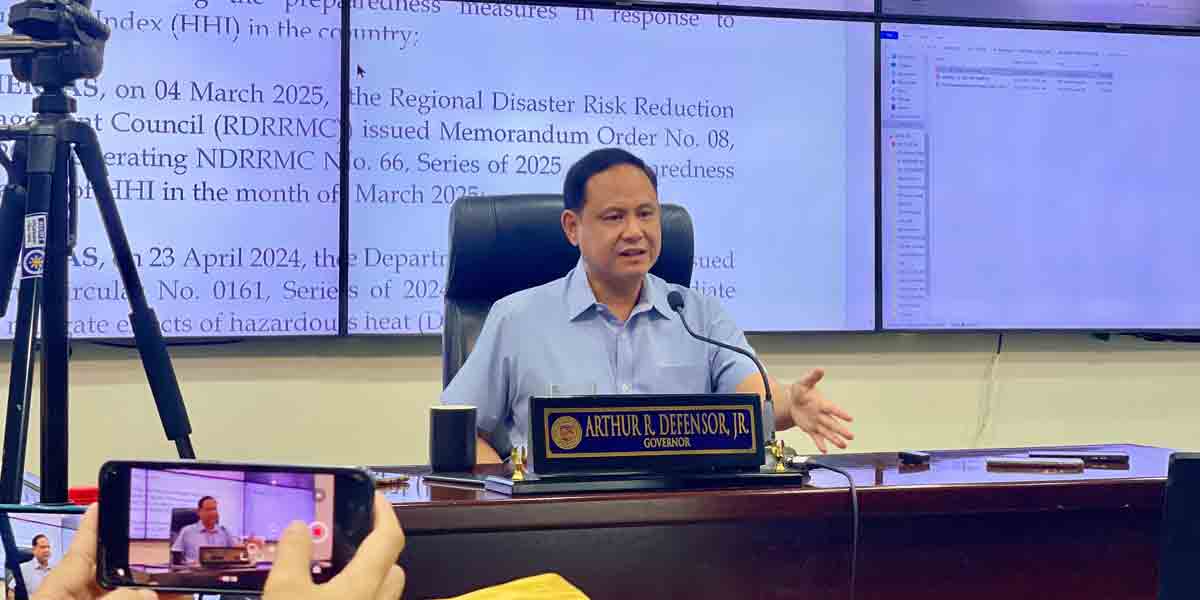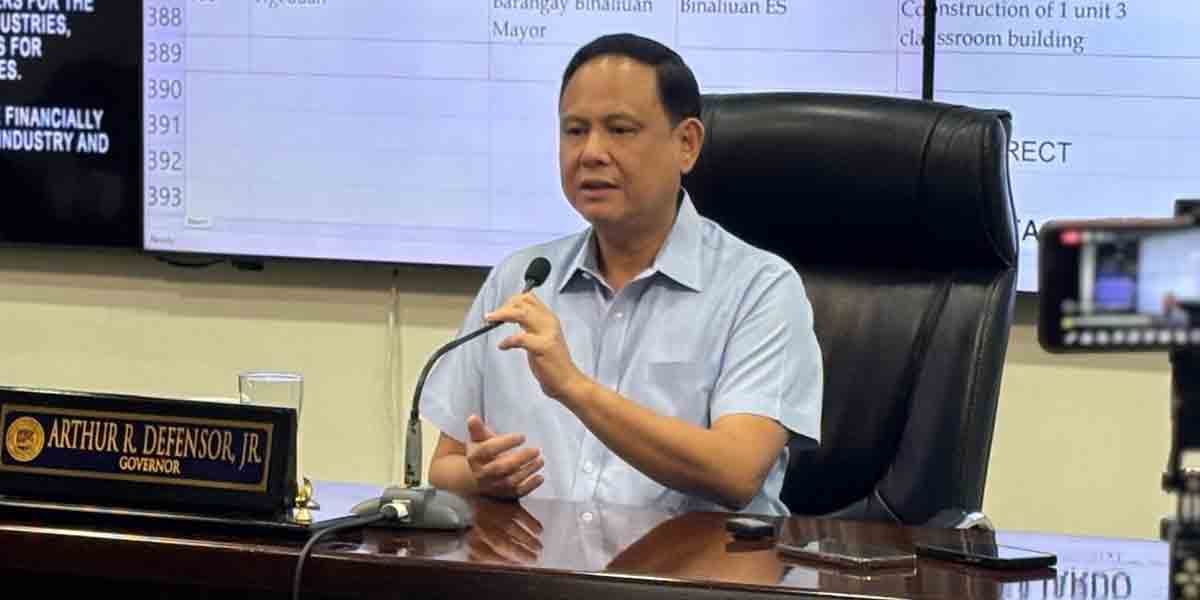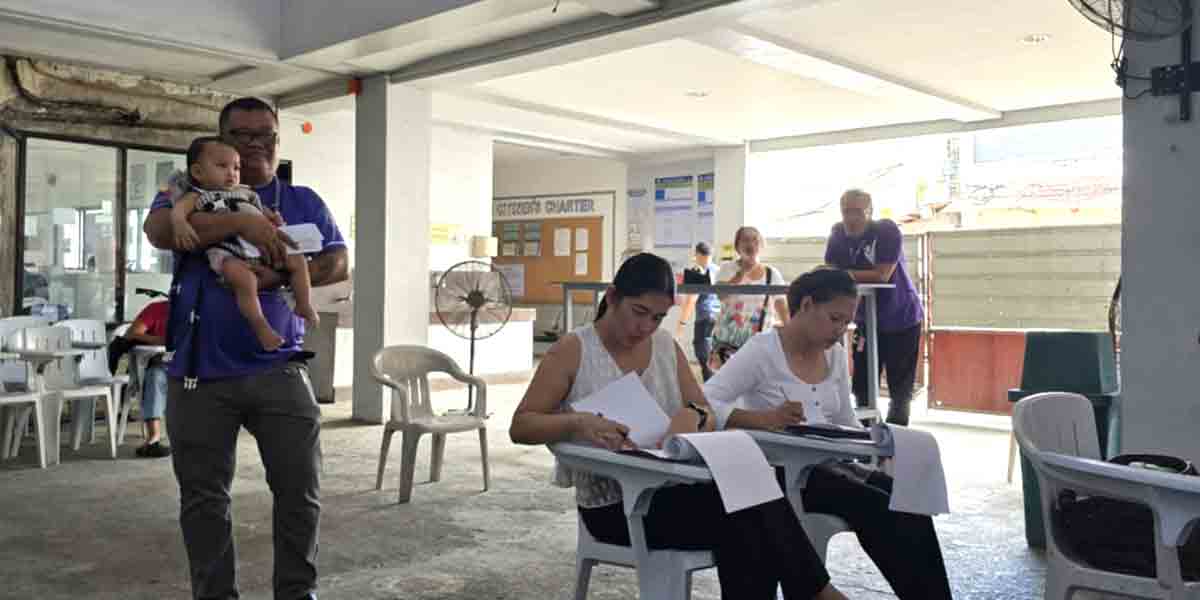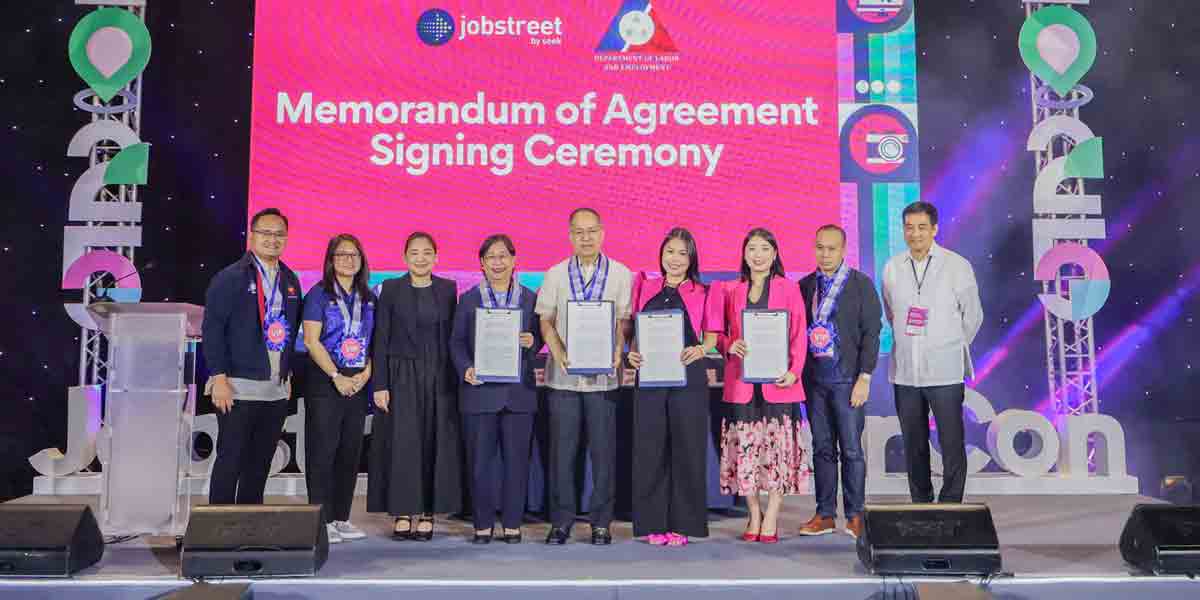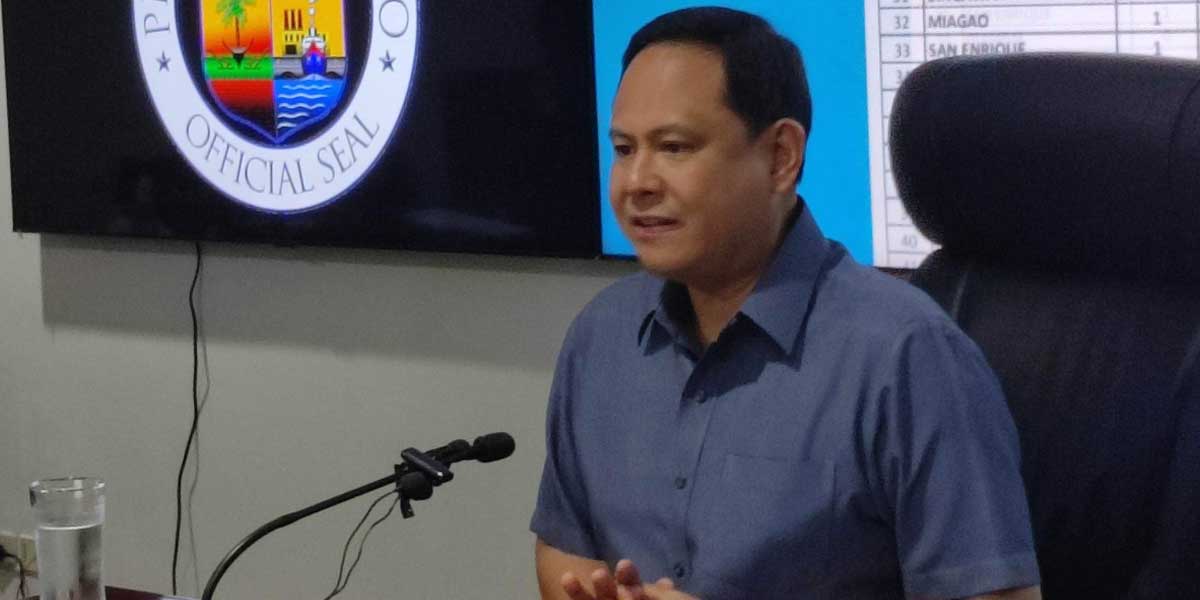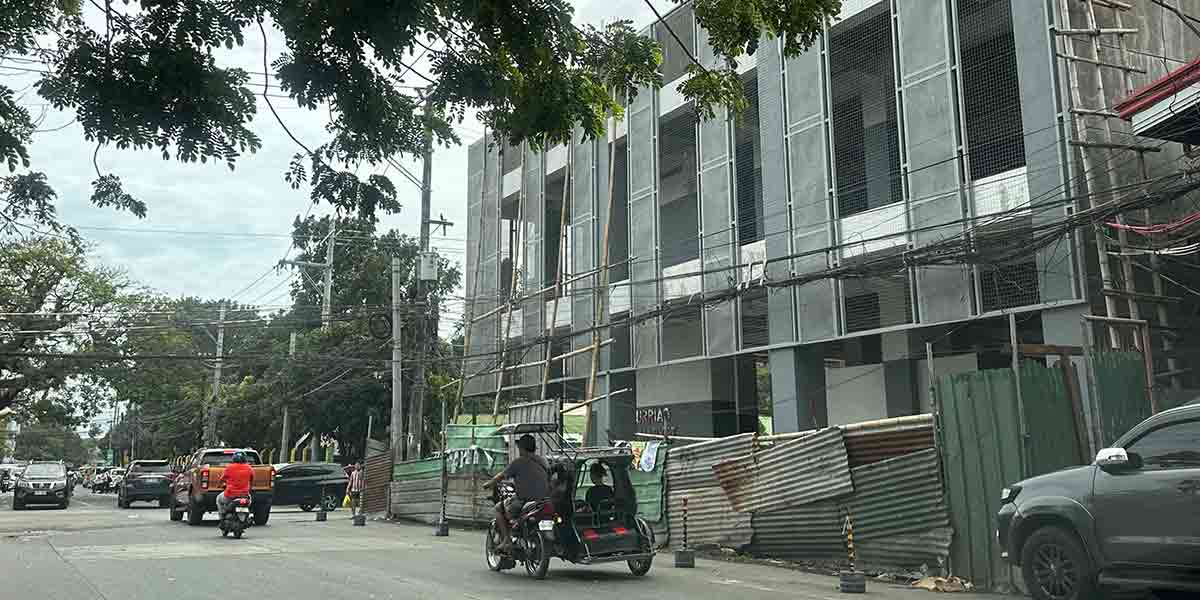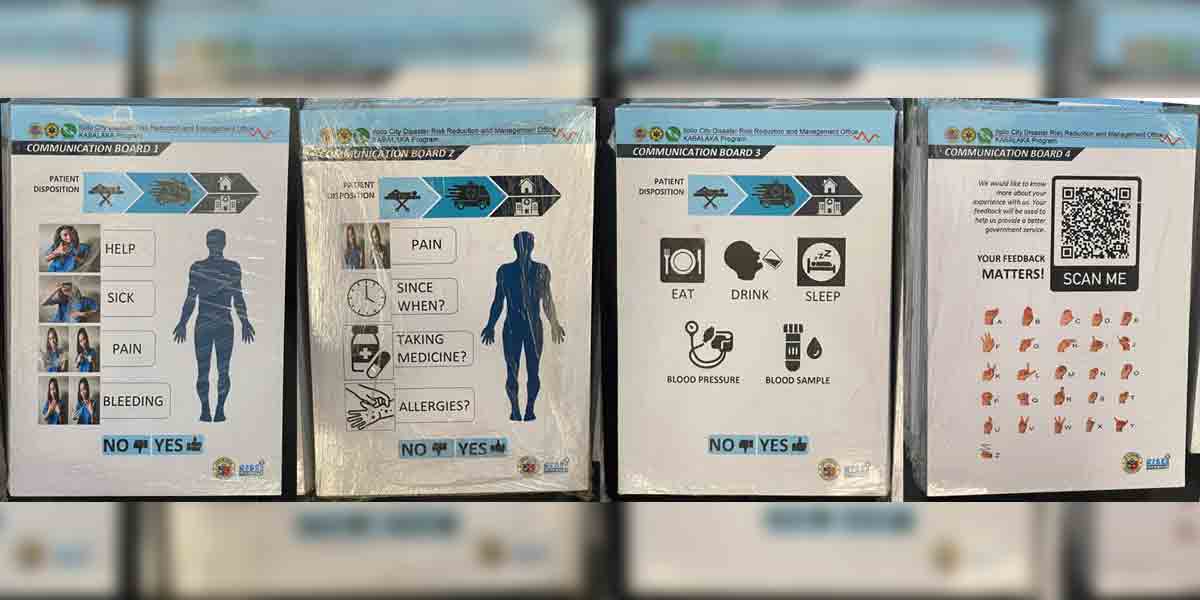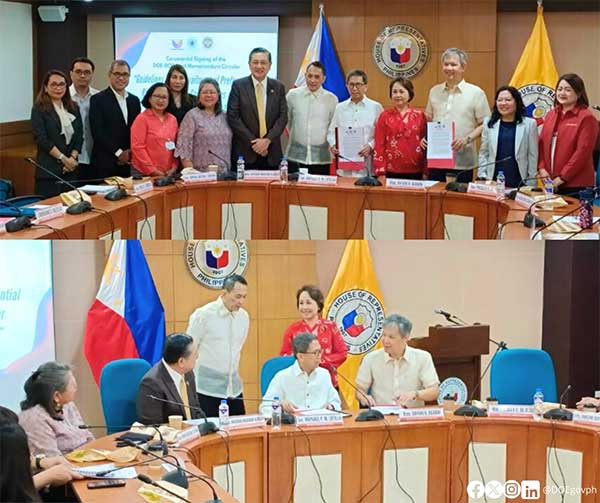
The government has granted tax exemptions to qualified electric cooperatives (ECs), reducing their financial burdens and supporting efforts to achieve 100 percent electrification in the Philippines.
Under a Joint Memorandum Circular signed on Dec. 4, 2024, by Energy Secretary Raphael P.M. Lotilla and Finance Undersecretary Bayani Agabin, ECs that meet the National Electrification Administration’s (NEA) financial and operational standards will be exempt from local taxes, fees, and charges imposed by local government units (LGUs).
The exemption is rooted in Republic Act No. 7160, in relation to Republic Act No. 10531, and requires ECs to secure an annual Certificate of Compliance from the NEA. The certification ensures compliance with financial and operational benchmarks, including at least 75 percent adherence to NEA’s compliance parameters.
These parameters cover collection efficiency, positive net worth, system reliability, system loss standards, timely and complete reporting, and implementing projects to achieve 100 percent electrification. ECs must also hold annual general membership assemblies and district elections.
Secretary Lotilla emphasized the impact of the tax relief on the country’s electrification goals.
“This local tax exemption is a significant milestone for our qualified ECs, as it directly translates to reduced financial burdens that can be reinvested into improving services and achieving 100 percent total electrification,” he said.
“By reducing these costs, we empower them to focus on expanding access to electricity, especially in unserved and underserved areas, ensuring no Filipino household is left behind,” Lotilla added.
The exemption applies to local taxes such as real property taxes, business tax, franchise tax, and taxes on property transfers. However, ECs remain subject to reasonable administrative fees imposed by LGUs, including those for business permits, mayor’s permits, barangay clearances, and community tax certificates, following guidelines under Joint Memorandum Circular No. 2019-01.
The NEA is expected to issue the specific guidelines for its certification process within 15 days of the circular’s effectivity.
This development is seen as a major step in empowering electric cooperatives to expand their services and address gaps in electrification across the country.


